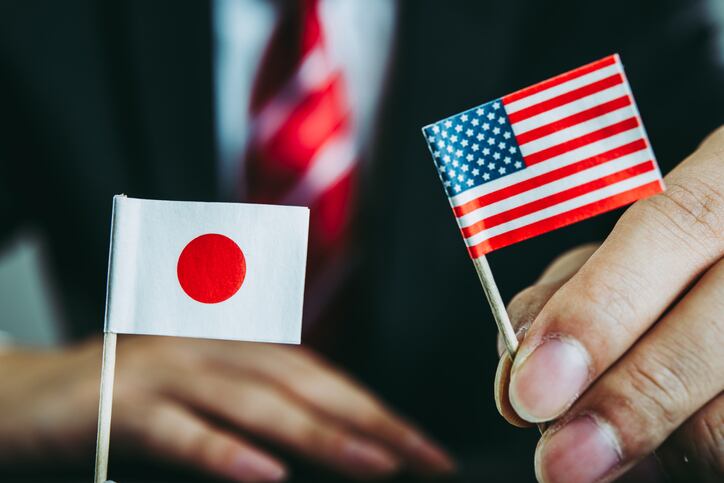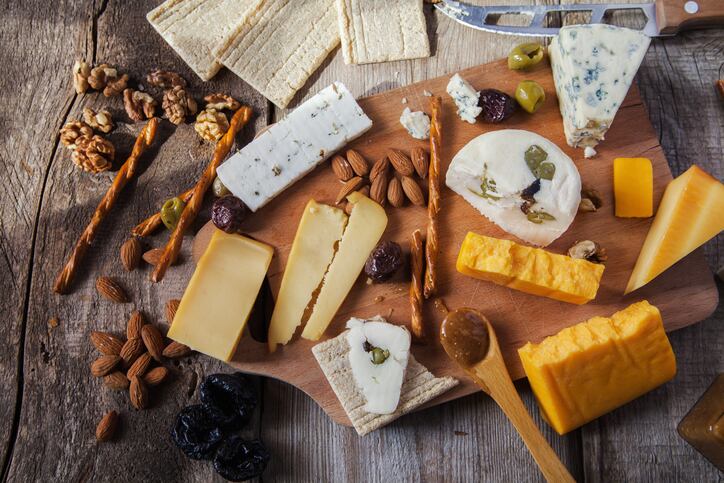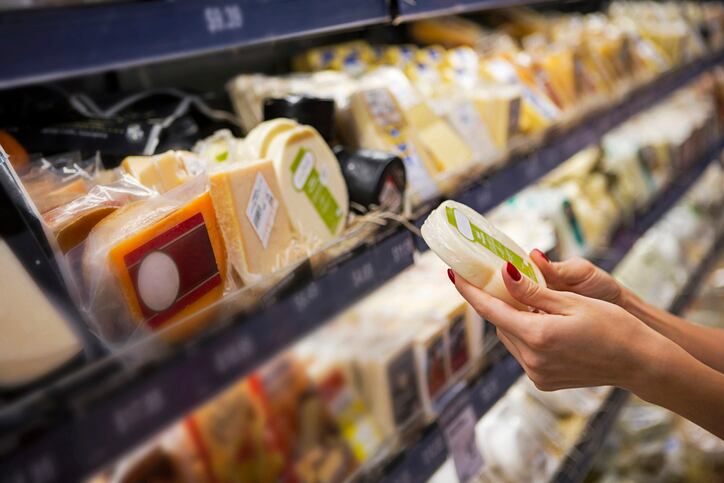After US President Donald Trump pulled out of the Trans-Pacific Partnership (TPP) in 2017, Americans have been anxious to reestablish trade relations with the region. In fall 2019, Trump and Japanese prime minister Shinzo Abe came to a new agreement.
The deal mainly focuses on agriculture and industrial goods, as well as on digital trade. As of January 1, 2020 more than 90% of US food and agricultural products imported into Japan are either duty free or receiving preferential tariff access.
The Office of the US Trade Representative (USTR) said that out of the $14.1bn in US food and agricultural products imported by Japan in 2018, $5.2bn were already duty free. The new deal will eliminate or reduce tariffs on an additional $7.2bn US products.
Tariffs for almonds, walnuts, blueberries, cranberries, sweet corn, grain sorghum and broccoli will be completely eliminated, while tariffs for fresh and frozen beef and pork will be reduced. Cheese will benefit from staged tariff elimination.
This gives American farmers the same access to the Japanese market as competitors like New Zealand, Australia and Canada. US dairy is dealing with a cheese surplus, made difficult by many trade disputes.
But Japan is the second largest global cheese importer, buying nearly $1.3bn worth of cheese in 2018. Other dairy products are not included in the new deal, however, like butter and evaporated milk, and had better access to the Japanese market under the TTP.
Hope for a level playing field
After the leaders agreed on the deal in October, Japan’s government approved the provisions in early December. At the time, USTR Robert Lighthizer said, “I commend Japan’s quick action to approve these important trade agreements between our two nations, which are the world’s first and third largest economies.
“Now, US farmers and ranchers will have significantly improved access to Japan’s market, and America’s leadership in the growing digital economy will continue to flourish to the benefit of all our workers."
The US exported $270m in dairy products to Japan in 2018, and the International Dairy Foods Association (IDFA) said consumption of dairy products in Japan has increased 4% per year while domestic production can’t keep up.
Michael Dykes, IDFA president and CEO, said, “The US dairy industry is very pleased to see that the United States and Japan have reached an agreement that will reduce tariffs on US exports of certain food and agricultural goods to Japan’s growing market.
“The Administration notes that this is the first step of a multi-step process to achieve a more level playing field for American agriculture in Japan, and we hope the next step comes quickly and delivers benefits for all dairy products.
“IDFA’s aim with the US-Japan deal was to realize the same tariff-rate reductions afforded the EU and competitors through CPTPP, thereby ensuring American producers and processors remain on a level playing field with our competitors. Without a level playing field for US dairy in ever-growing Asian markets, we will continue to cede valuable market share to global competitors.”
The US and Japan will continue meeting this year to establish further negotiations on a broader trade agreement.



